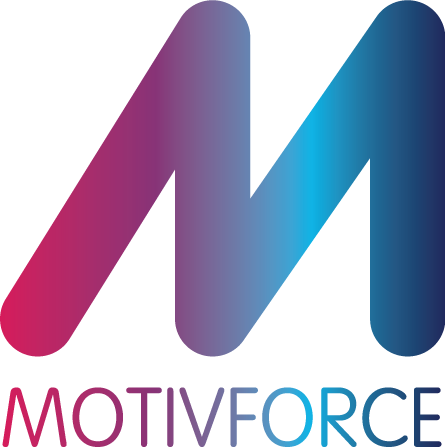Do people cheat your loyalty program? How to increase honesty
We All Cheat
One of our colleague’s children got a public reprimand at school the other day; she had taken a pink slip of paper from the classroom without asking. Our co-worker was telling how he and his wife had seized the opportunity to hammer home a bit of moral responsibility. They even had the little paper offender make an apology to the teacher and punished her with considerable X-Box downtime. He ended his smug lecture on parenthood and morality by stating: “Besides, she could have just asked me yeah? I would have taken home a whole box of paper from the office”.
So, we all cheat … a little. Mostly, we are not even aware of the fact that we do. Like our rationality, our morals seem bounded. Clients often point out that many loyalty program members cheat and that making compliance rules stricter hardly seems to have any effect. It’s not like they’re all bad apples, it’s just that a lot of members seem to curb honesty, here, there and everywhere.
One way of dealing with this is to use an algorithm that detects false claims, a verbal lie detector. Here at MMI we are involved in developing such a tool. Be on the lookout for news of the Pinocchio project.
In the meantime, let us enlighten you about the science of cheating and share with you some of our findings following years of research. To begin with, and quite surprisingly, it has been found consistently that raising the chance of getting caught or increasing the penalty does not seem to stop people from cutting moral corners.
So, what does work? Having people sign a claims form at the top (vs. the bottom) reduces the probability of making a false claim by 25%. Similar results were obtained by confronting people with an honour code. People that were asked to make a voluntary donation for the free cup of coffee in the office were significantly more generous when a picture of a watchful (or third) eye was put on the wall above the coffee maker. An off-the-couch application of these psychological experiments could go a long way in battling cheating in incentive programs.











Uncover insights from Motivforce's latest research on channel partner loyalty programs. Learn strategies to navigate mixed feelings, foster genuine gratitude, and boost overall program ROI.